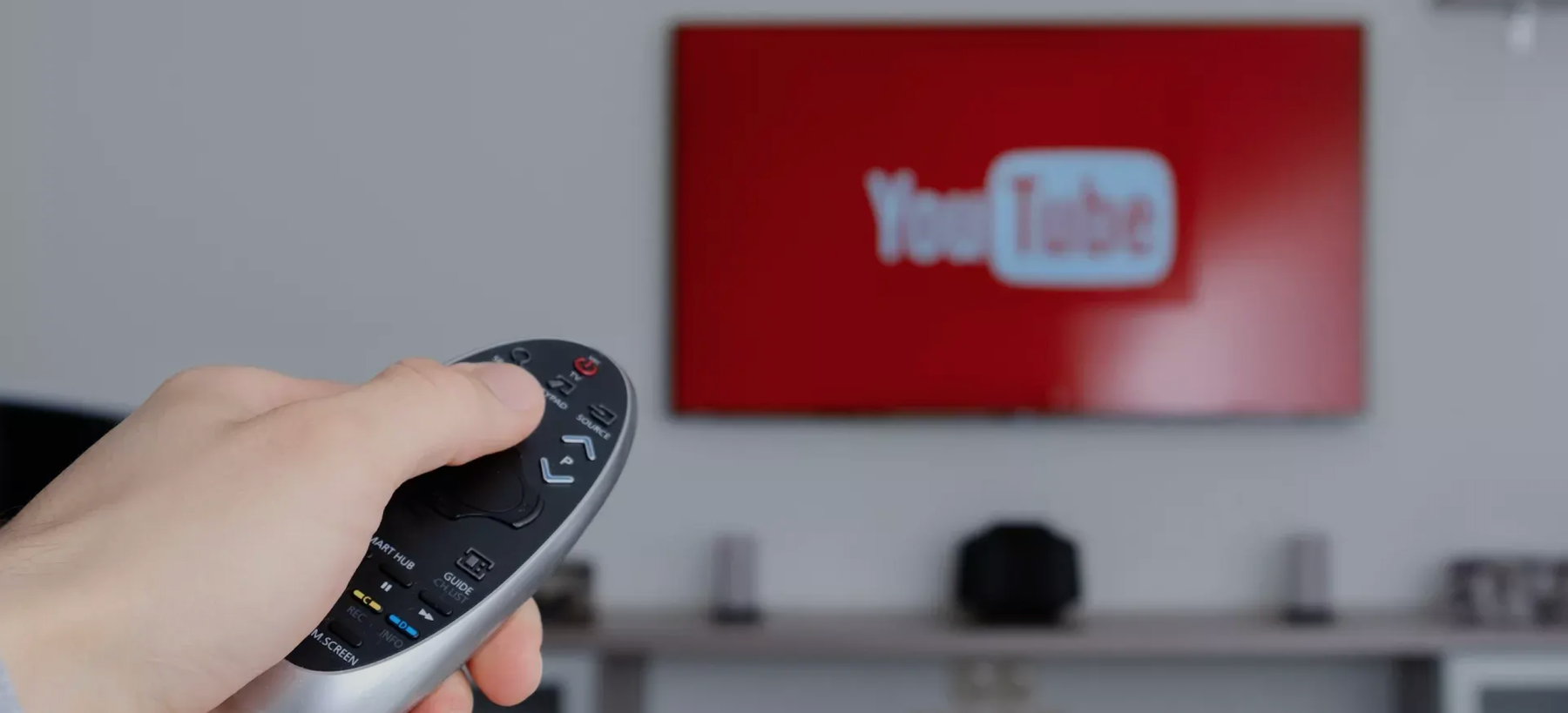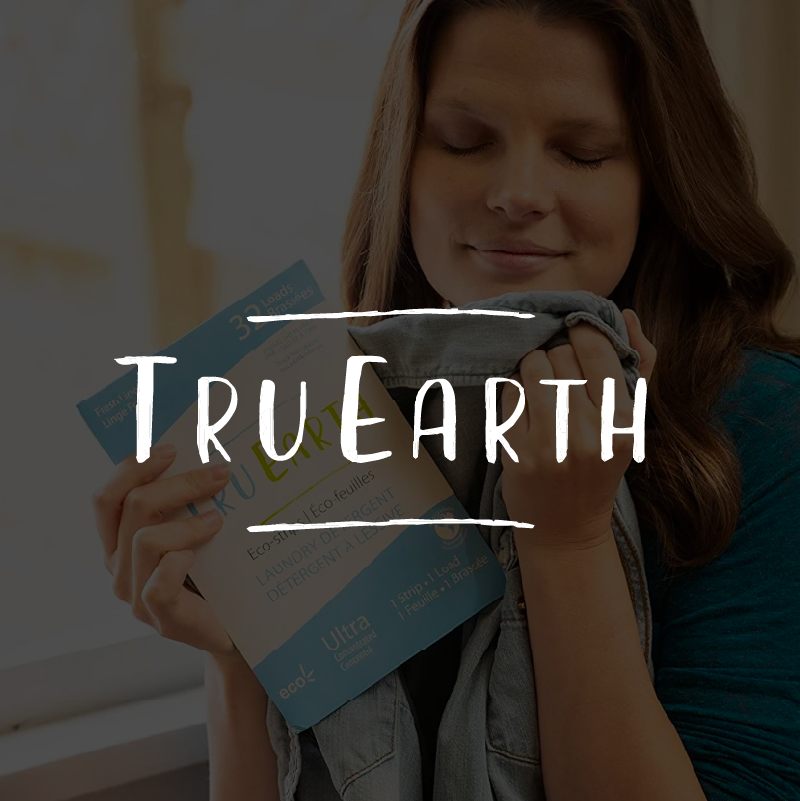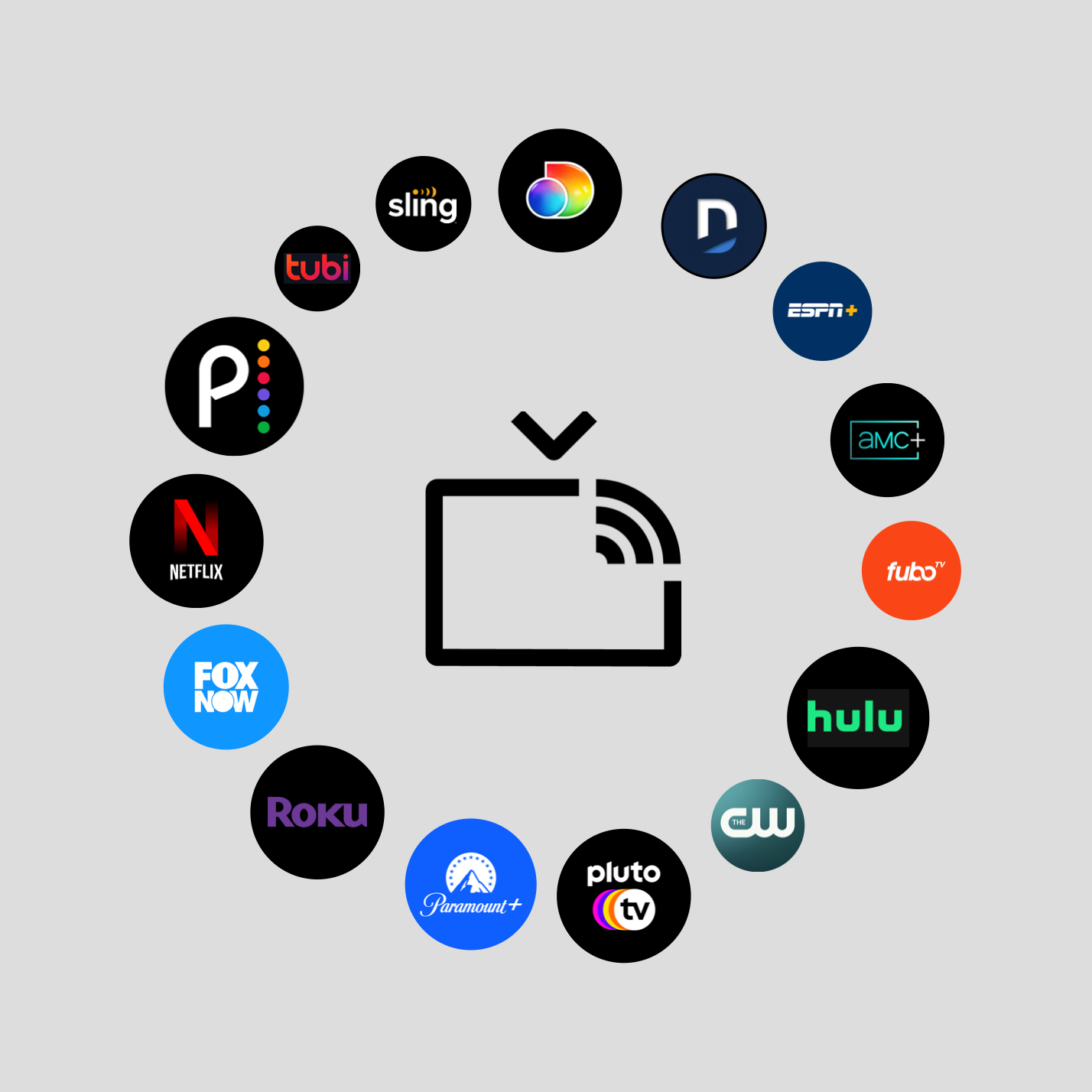
Networks, it's time to cut YouTube
A version of this post was published on AdExchanger.
YouTube is in the midst of an ad fraud scandal, with thousands of advertisers misled. As advertisers and agencies struggle to deal with the fallout, a popular piece of advice has been to treat YouTube as if it were TV.
When the ad industry adopts this framework, it reveals another major issue: YouTube is now a rival to TV networks, but many networks still post their content to the platform via friendly licensing agreements. In the current war for viewer attention, this is a potentially crippling move for networks in the long-term, and needs to be examined immediately.
Back in 2007, I negotiated a deal between the NBA and YouTube that created an official NBA channel on the YouTube website. The value exchange, and nature of the licensing agreement, was simple. In return for uploading short clips, such as highlights and best plays, YouTube would promote this official and premium content across the site (and to its millions of users). Whilst there was a revenue component to it (i.e. the NBA would receive a small share on the ad inventory sold by YouTube) it was an entirely moot point. After all, back then, monetization across YouTube was expressed in thousands of dollars, not today’s billions. Many other flagship content owners and networks such as CBS or Discovery would follow suit.
How things have changed since 2007
YouTube (and to be precise, Youtube.com, not YouTube TV as a virtual MSO) has since evolved beyond promotional shorts and silly cat videos. Today, we can find quality long form videos and user-generated content (UGC) with a production quality that closely mimics that of traditional networks and studios. Even short promotional videos, as uploaded by networks, now stand on their own. Premier League fans (like me) can enjoy 10- to 20-minute NBCU highlights on YouTube. These are very carefully edited videos (for example, a foul that eventually leads to a goal minutes later will be smartly woven in). In many ways, these promotional videos have become almost as good as the game itself.
No wonder, over the last 15 years, YouTube viewership has shifted away from the website to a whopping 40% (and growing) now occurring on the big screen. YouTube has conquered the living room environment that once belonged to the networks. The cherry on the cake is Google’s recent exclusivity over NFL Sunday Ticket.
Networks have very much evolved, too ( much more than what they are given credit for). Each has launched their own streaming service: Paramount+ (by CBS), Disney+, Peacock (by NBCU), MAX (Warner Media Discovery), to name a few. In addition, access to these services is increasingly easier. They can be found (and paid for) through either TV OEMs (e.g. Roku and VIZIO) or come bundled with other services (e.g. Peacock comes with Xfinity internet access and Paramount+ is now part of the Walmart+ bundle). Today, the networks hold the millions of so-called “online viewers” that they were once vying for in YouTube. Last but not least, these streaming platforms stand for more than just piping content via IP technology: they hold full monetization capabilities. Hulu, for example, is projected to rake in nearly $5 billion in ad revenue this year.
And how things need to change again going forward
Given YouTube's evolving role in the streaming landscape, licensing agreements between networks and YouTube directly undermine the long-term strategy of every streaming service.
Exclusive and original content has been the cornerstone of the SVOD value proposition. Licensing content to YouTube fragments the audience for that content, allowing YouTube to monetize the same people during all the engagement that happens outside the core viewing experience. The licensing agreements are even less tenable given the recent turn toward AVOD (ad-supported video-on-demand). Whilst NBCU holds the Premier League rights, fans get to see everything they want and need on YouTube instead.
The counter is clear - and bold: networks should back out of their YouTube agreements and focus on their own streaming platforms. For example, NBCU should make fans watch Premier League highlights on Peacock. By not licensing content to YouTube, the networks can maintain more control over the distribution of their content. This holds numerous advantages: an ability to better manage the user experience, capture and leverage customer data, drive stronger monetization, and cross promote other content. It helps networks protect the exclusivity around their deep investments in original programming and grow their business. Having built their own and robust streaming platforms, and having made deep investments in original and exclusive content, networks can offer an end-user experience that will match (and eventually exceed) what YouTube has to offer.
But even more compelling for networks should be the risk of what happens if they don’t change course. Most of these networks know about the deleterious impact that Facebook and Google dependence has had on their strategic position - appropriating their audience, siphoning their revenues, controlling their distribution through algorithm changes. They can’t afford to let the same happen with streaming.
YouTube is no longer simply a promotional channel; it’s a fierce rival to the large networks (in particular: CBS, Disney, Warner Media Discovery, Fox, and NBCU) and it deserves a taste of its own medicine. It’s time for networks to cut the YouTube cord. Their future depends on it.

Philip Inghelbrecht
I'm CEO at Tatari. I love getting things done.
Related
YouTube and TV: Tru Earth's Winning Combination
In this blog post, we'll share how Tru Earth layered YouTube into their TV campaign to increase website visits and drive conversions.
Read more
CTV stands for Convergent TV, not Connected TV (and what this really means for TV advertisers)
In this article, we will unpack OLV and most importantly, the relevance of OLV to the old definition of Connected TV (making for a new Convergent TV).
Read more
Why CTV Will Never Go Open Exchange
Many major streaming players are moving away from programmatic buying platforms in favor of direct sales teams. Only in doing so can they preserve the audience viewing experience in a meaningful way.
Read more


